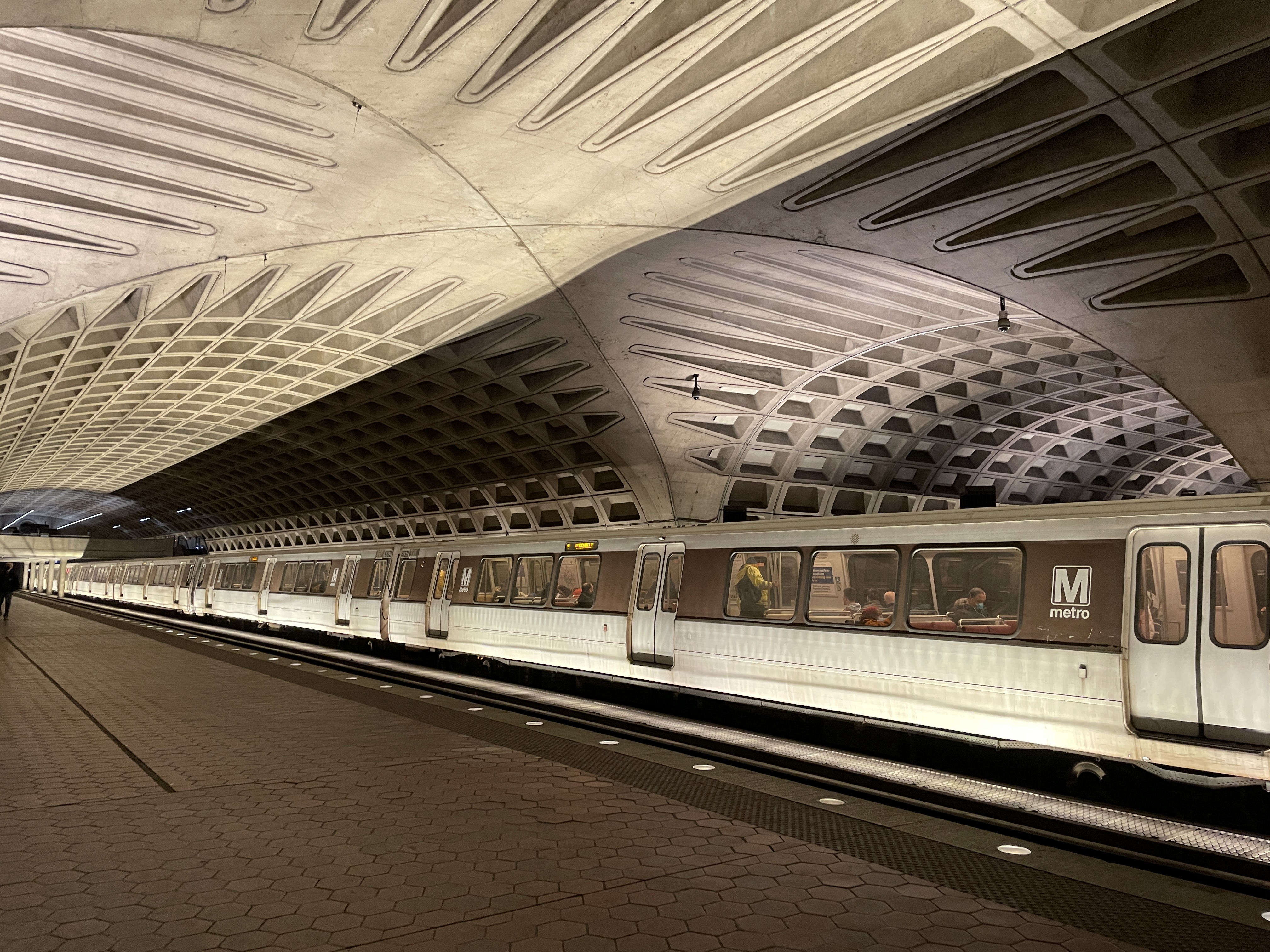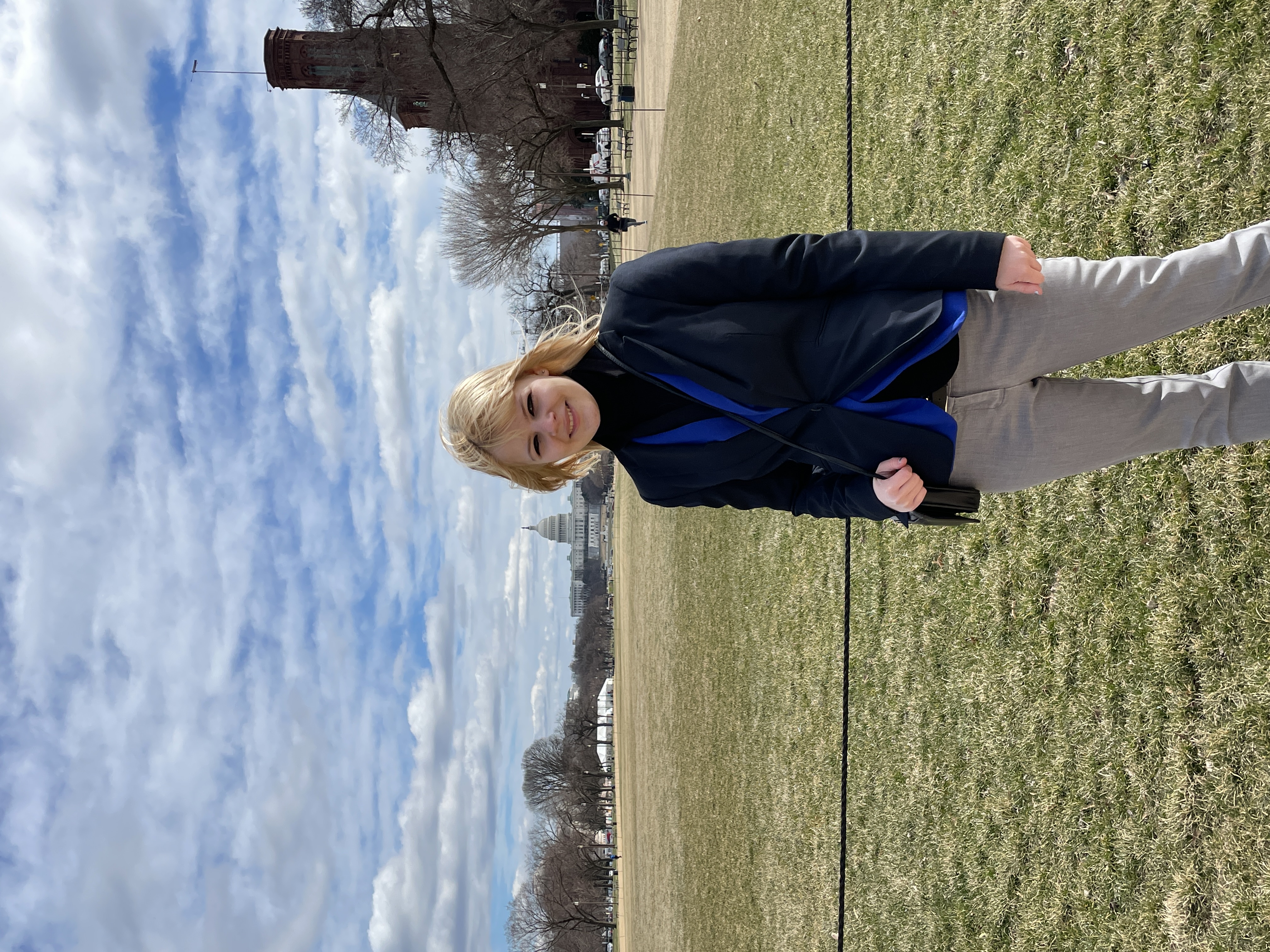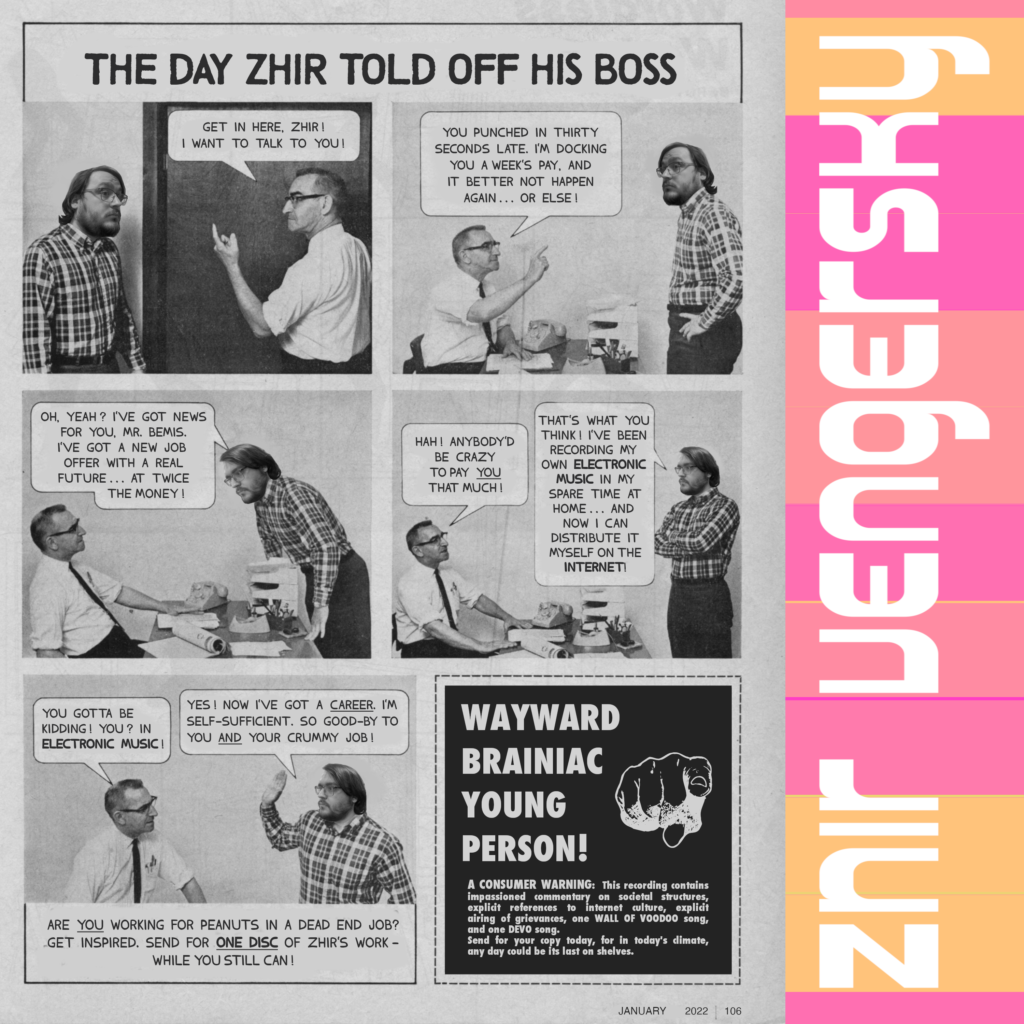Extremely amused that Mike Watt’s website still looks like THIS.
Complete with a little pyramid of blinkie link buttons at the bottom.

Extremely amused that Mike Watt’s website still looks like THIS.
Complete with a little pyramid of blinkie link buttons at the bottom.
Yup.
Last weekend was my second excursion to Fugaziland, otherwise known as Washington, D.C. Instead of engaging in punk rock rambunctiousness like last time, I had a much more formal mission: my first Model UN conference, the North American Invitational Model United Nations. I had always been interested in Model UN, but I never embarked on it until the beginning of the current school year. I’m very glad I did. Never would I have thought I would have an experience like I did at this past conference before I started college.
I wasn’t used to being around people my age who weren’t the same people I saw every day at school, and it was a little strange how everyone looked so familiar yet so unfamiliar. But I got used to my surroundings quickly. I joined the crowd of gussied up teenagers checking their notes and crossing their fingers, and I fit right in. Transplanted from my usual surroundings into a swanky Hilton hotel, I found myself representing Hong Kong in the C40 Cities Climate Leadership Group, working with other high schoolers to tackle the problem of urban greenhouse gas emissions. It was a lot less nerve-racking than it sounds, especially considering that the real world implications of those decisions weren’t actually weighing on us. It was a fascinating and enriching time hearing the stances of everyone else’s assigned city, which resulted in some heated debate despite the general consensus that climate change equals bad, and working out alliances and plans. Many sixty-second speeches were given and many notes were passed.
Our committee meetings were spread across four days with plenty of time to explore the hotel and the surrounding city (within the radius designated by our advisors) in between. On Friday my school’s delegation took the metro to see the Capitol building (from a distance) and the Washington Monument (which I got to lean against). It was slightly surreal being where a homegrown coup against democracy had been attempted, even if it was from afar. When you spend so much of your life picking up on worldly events from afar it’s interesting to find yourself at Ground Zero, even after everything seems to have settled. I felt similarly watching the news about Russian escalation in Ukraine on the flatscreen in my hotel floor’s lobby while waiting for the extremely congested elevators. So many monumental changes happening while everything else in life seems to remain just as it was…I read a good Tumblr post about this phenomenon the other day—diary entries from the past casually mentioning the beginnings of large-scale wars and man’s landing on the moon beside daily routines and boy gossip. There’s more than two sides to every story, I guess.

But at the conference I didn’t feel like I was just sitting idly by while everything happened around me all at once. I had a role to fulfill and duties to undertake, and I engaged in them successfully. On top of that, socializing was easy considering that almost everyone else was a stranger. I met people from New Jersey, California, Mexico, and Puerto Rico to name a few, and everyone was friendly and open. No matter where we came from or what our committees were, we were all united by the same purpose: to solve some problems and flex some mental muscles. That uniting factor really opened up my horizons much more than being trapped in a high school I never made where everyone else has been BFFs since their elementary years. And in the end, through these alliances and plenty of teamwork, it did really feel as if we had gotten something done when our draft resolutions passed. We had shown our ability to take responsibility and work together. It was a truly liberating experience in every sense, and I almost wished it didn’t have to end.
The day after I got home, it was abnormally nice out, nice enough to take a walk through the neighborhood in a three-quarter sleeve cardigan and my favorite leather-y jeans. If only the weather had been so agreeable down in D.C. It was brisk the entire time we were there, and the winds almost bowled me over as I stalked the street down from the hotel for Thai food that Saturday. I didn’t actually think my group would be leaving the hotel throughout the weekend, so I didn’t pack a coat or gloves. I made do by layering the three blazers I’d brought along. I think it’s going to be a hip winter fashion trend next year for those who follow the philosophy that “beauty is pain.”

But upon returning home, I got to crack open my bedroom window (in February!) and let the fresh air float in without freezing to death. There’s something about the spring air that stirs something inside of me, that end of seasonal dormancy. It makes me feel as if things are happening as opposed to having to wait for the world to unthaw. I know things are happening for me, no matter how frustrating life may be at times. In the next few months, my concept of normalcy will be changing, and it will resemble the freedom I experienced last weekend more than what I’m going through now. I couldn’t be more jittery—in the best way possible, that is.

My friend Max’s new album is out! If you’re looking for something tantalizingly zesty, intellectually stimulating, and totally DEV-O, this is the album for you. (I’m the one behind the album art, by the way.)
Now go listen to it!

…My good friend Max is coming out with a new album this weekend, and I designed the album art! Go look at it!
Last week in one of my classes I participated in a discussion on whether or not art should be considered important during turbulent times. Unfortunately, it became a reminder of how warped some people’s interpretations of the world are. According to some, in times like these, art should give way to other, more important things. What exactly these “more important” things are was not elaborated on. Funnily enough, they also clarified that, despite its lack of importance, art is also a luxury, which is why it is not needed all the time. Hence, art both holds value and is lacking in it.
If these people had opened their eyes, they would notice that art practically suffocates us everyday. The clothes on your back, the car you drive, the building you live in and the buildings you wished you lived in, the fancy garbage can in the kitchen that has a foot pedal to flip the lid open—all of that had to be designed by someone. You can go to a museum gallery or you can go to Times Square—you’re getting an eyeful of art either way, and it influences the world in many ways. Life does imitate art, after all.
Throughout my entire life, art has been a defining force in shaping my worldview and introducing me to new ideas. Being trapped inside for months due to the pandemic only strengthened my appreciation for it. Art has whisked me away to weird and wonderful places that revel in the absurd and tickle the funny bone. It has also grounded me in reality and reminded me of the essential work that still needs to be done. It’s motivated me to express myself in my own ways and take action where it is needed; it’s connected me to likeminded people and pushed me to go places I never would have thought to go to otherwise.
I know from experience that the best art is art that serves as a call to arms, challenging the mind and encouraging action. It can do so silently or with immense fanfare. It can fight back against the boot that kicks the outcasts and inspired dregs of society with a bang; it can upend entire social orders momentarily without anyone knowing unless they stop for a second and think. Often times, art is the only force of true change in a world of stagnation drained of hope. It’s a refuge from the soul-crushing monotony of the daily grind to think, If that person has the gall to do that, maybe I can, too! It’s a healthy alternative to giving up. And that thought process can translate to true impact if one lets it; it can set off a chain reaction. If one person can change their outlook on the world or the way they go about their day because of a song they heard or a book they read, that’s great. If someone can pass that mentality on to someone else who can pass it on to more people who can pass it on across the globe, forming networks of connection and camaraderie, that’s incredible. That possibility is art’s greatest power. It only depends on how one uses it.
So, does art have value in these trying times? I argue an emphatic “yes.”